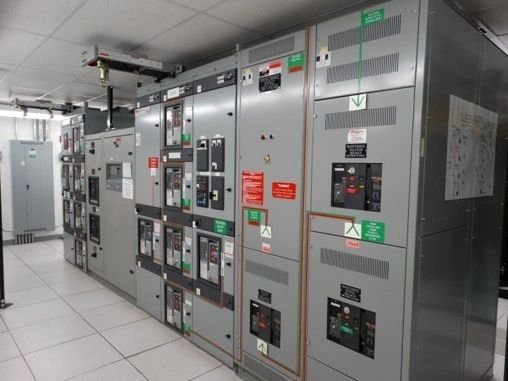In the past thirty years the rise of independent power delivery service providers has exploded. NETA and NICET membership are at all time high. The options of using an independent or third party for commissioning, preventive maintenance and emergency service instead of the OEM were driven by the OEM’s lack of coverage in an area and price of the services rendered. The third factor in the rise of independent service providers is the loss of knowledge within the OEM’s service team (Field Engineers retire and there isn’t a good “mentoring” program).
I started in the service field in 1988. Much has changed since the days I either received my pre-planned schedule in advance or I went to the service shop that morning to get instructions from the Region Service Manager. A tenured Region Service Manager maintained relationships with the “key or strategic” customers in the territory by visiting the customer’s site or periodically reaching out with a phone call.
As with everything else in the day of the IOT, we believe we are more connected by email, text, social networking, and applications such as Twitter or Instagram that run on our smart phones. That “constant” contact does very little to build trust or take the place of a good “old fashioned handshake”. Customers still want to associate a name with a face. There’s a level of trust in knowing the real person as opposed to the virtual person that cyberspace can’t replace. Software platforms such as MSA that can track where every Field Engineer in your company only work INTERNALLY. A faceless and nameless scheduler that doesn’t know the customer, skill set of the Field Engineer, or demeanor of the individual they are sending to a customer site are as worthless as a warranty call center. SERVICE IS AS MUCH ABOUT RELATIONSHIPS AS IT IS ABOUT TECHNICAL COMPETENCE!
Here are my key “DO’S and DON’TS for customer service decisions
1) Purchase commissioning services from an OEM only under the following conditions:
A) If the OEM extends the warranty past the customary 12 months (up to 36 months is doable if you push the OEM)
B) Any complex system that involves PLC/RTU automation, SCADA, Generator Control or Protection Relays used for automatic functions other than protection
C) Any critical piece of hardware such as breakers, switches, bus automation that has been in the field less than 2 years (ie new product)
The Customer’s Due Diligence:
1) After your system is commissioned and long before the warranty expires, request the contact information for the Region Service Manager
and arrange a meeting (NO, don’t meet the Region Sales Service Manager because he will take you to lunch and promise you the moon!)
2) During your meeting with the Region Service Manager ask them about their local team (how many, trained disciplines, service shops in the area, typical response times)
3) Meet with every competitive service provider in your area and ask them the same questions
4) Request the OEM training records, NETA or NICET certification for every Field Engineer or Field Technician that could service your facility (keep the training record or certification for each of them for future reference)
5) Convey your service expectations to every person you meet with, pay attention to push back
6) If and when you have service provided get a preliminary report (either yourself or subordinate) prior to the Field Engineer leaving site (you loose credibility with your management if you can’t explain what was repaired for a service call)
Never make your decision on a service provider based solely on price! Make that decision based on, “The best price that can deliver to your expectations.”
My first Service Manager @ Square D was generally a quiet man. He stayed in his office managing the schedule and margin most of the time. On the few occasions that he’d call a Field Engineer to his office it was to let us know we’d provided “sub standard” work to a customer. In his mind you should be so good in the field and establish a rapport with the customer, they requested you by name.
My last manager would get upset if a customer specifically requested one of my Field Engineers by name. The thought being “the customer didn’t run our schedule”. Rather than being upset because a customer requested a specific individual, she should have asked what was unique about that Field Engineer and why all Field Engineers aren’t requested by name. That happens when you spend your time managing a nickel and not managing a business.

